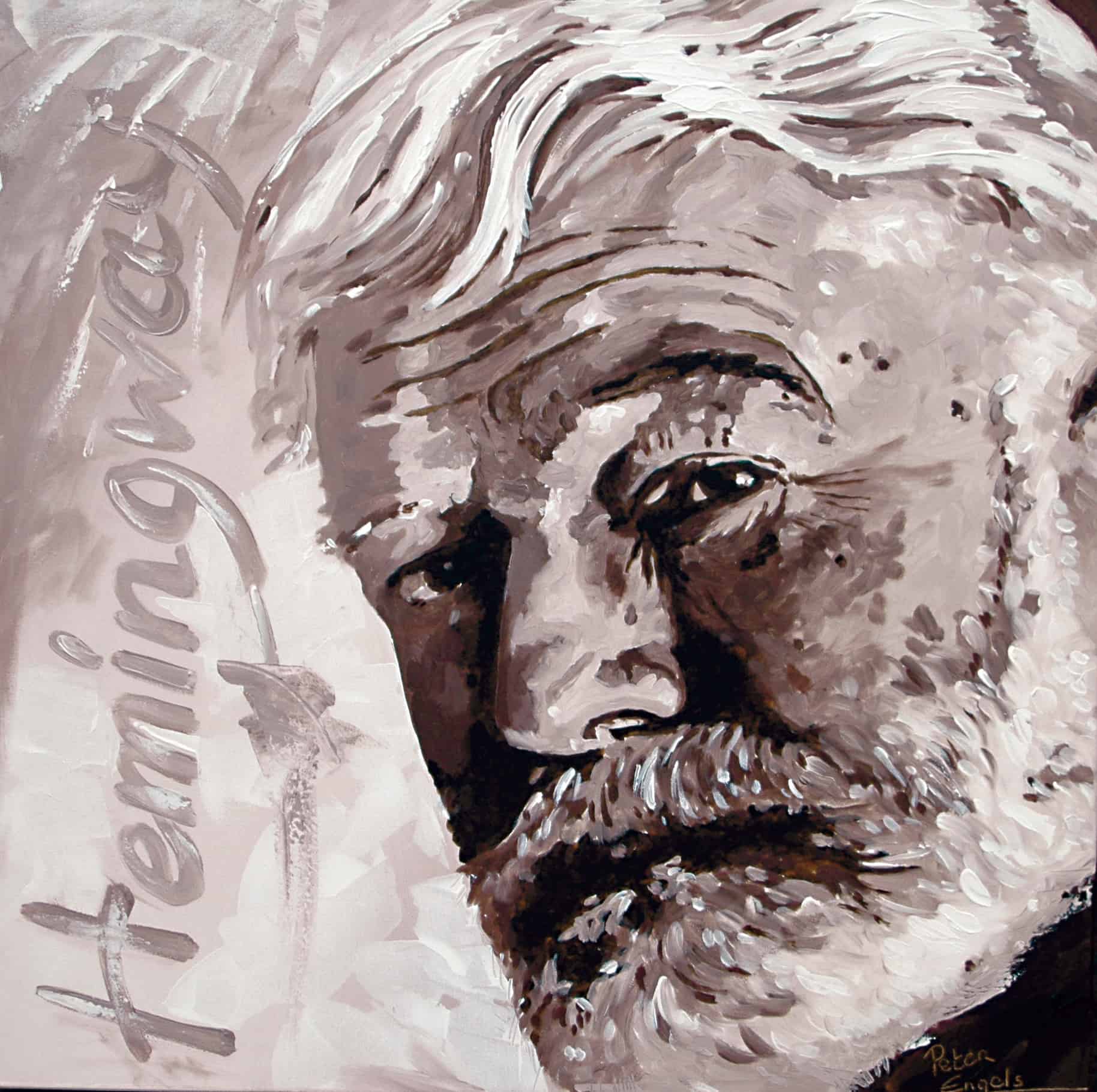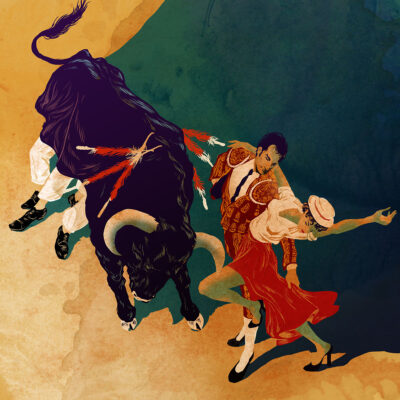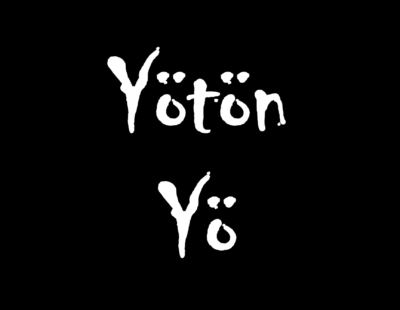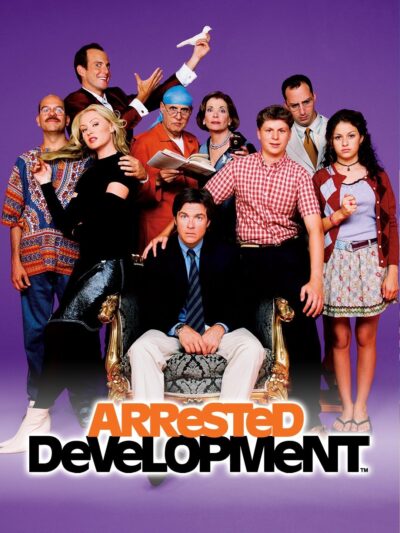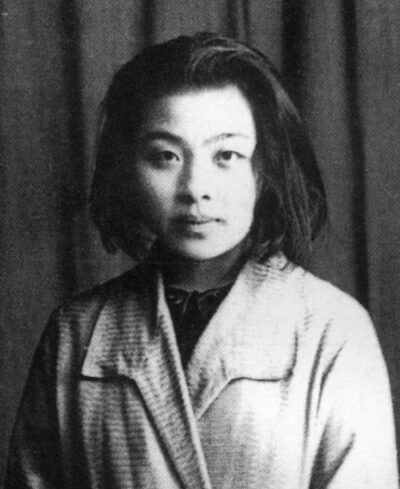Before you react, think. Before you spend, earn. Before you criticize, wait. Before you quit, try.
Ernest Hemingway via Instagram
Above is a quote by Hemingway that has stuck in my journal for quite some time, especially before reading his work, “Hills Like White Elephants.” This is a short literary piece but it is something that I had to read in between the lines to understand most of it.
This story was not difficult, however, it did leave me thinking about what certain things might mean. Since it happened to be a short story, I read it about three times and took something new from it.
“They look like white elephants,” she said.
Hills Like White Elephants
“I’ve never seen one,” the man drank his beer.
“No, you wouldn’t have.”
“I might have,” the man said. “Just because you say I wouldn’t have
doesn’t prove anything.”
Each time I read this, I found myself angry with Hemingway, most of all angry with the nameless male character. This man contradicts what he says just because the girl reinstated it. Throughout the work, tension starts to build up between the two, however, the male is not my cup of tea as he consistently disregards the girl’s feelings throughout the rest of the story.
From my interpretation, the female is pregnant, however, she is confused because she does not know what road she wants to take. Moreover, the male keeps nagging her to undergo this “operation”. He becomes pushy and says that when it’s over he will still “love her”. This is what I do not like, as a reader, I can easily say that this man is a manipulator.
“The beer’s nice and cool,” the man said.
Hills Like White Elephants
“It’s lovely,” the girl said.
“It’s really an awfully simple operation, Jig,” the man said. “It’s not
really an operation at all.”
The girl looked at the ground the table legs rested on.
From this, we see that the man weirdly is buttering the girl up with beer (she’s pregnant mind you) and then changes the conversation to her having a “small” operation. He attempts to downplay what this would do to her which is why Hemingway also snuck in the emotion of her staring at the ground. One could only assume that she is uncomfortable or even embarrassed, it’s something she does not want to discuss considering closing off through body language.
For background knowledge, this piece of work was released in 1927, and the setting also took place in Spain, around this time women were not allowed abortions. There was an exception for women who were raped but other than that abortion was very frowned upon.
Following the story, one could only assume that because Abortion was not allowed freely, the abortion this girl would go through would be deemed illegal. It is known in today’s society that abortion can be dangerous for those who undergo it illegally.
“Then what will we do afterward?”
Hills Like White Elephants
“We’ll be fine afterward. Just like we were before.”
“What makes you think so?”
“That’s the only thing that bothers us. It’s the only thing that’s made
us unhappy.”
I am cringing as I read this again. This man is absolutely bonkers. He understands what this operation is, continues to downplay it, and insinuates that this child will only cause problems if they proceed. Hemingway puts a stereotype on this girl, making it seem to readers that she wants love and to be loved. The nameless male character then uses that weakness of this girl and exploits it to influence her into doing what he wants.
The way I feel Hemingway writes almost describes this man as having a manipulative way about him. I just want to add that this man is offering her beer as she is pregnant. This is an action he executes to show readers how little he cares but how much power he has.
While the term “abortion” is not brought up, I could only assume that this is the plot considering it’s something she needs to only have done and not him. It’s an interpretation, however, as it co-aligns with the Abortion laws in Spain, and in general back in the day when Abortion laws were intact all over the world.
They sat down at the table and the girl looked across at the hills on
Hills Like White Elephants
the dry side of the valley and the man looked at her and at the table.
I chose to include this part of the work because I find it interesting how Hemingway chose his words wisely. Throughout the story, we are referred to them as “man” and “girl”. I believe this was purposely done to also add on to who has authority and power. When I use the term girl, I tend to think about young, naive, innocent females who have yet to see everything in life. However, when I think of man, I think of a grown-up, someone who is authoritative as well. I believe that Hemingway chose these terms carefully to give the readers something to give attention to detail to and to also provide an idea of who is in charge.
As I was reading this, I began to feel more and more annoyed with the nameless male character that I had to applaud Hemingway for making it possible. This was a short story and the characters were nameless, yet he made it easy for readers to not like and be fond of the character.
The plot consists of a tense conversation between the girl and the man. There was a lot of dialogue between the two that we rarely had monologues. As a reader, it was a perfect opportunity to understand what exactly was going on, and because of the amount of dialogue, it left a lot of room for readers to build up and try to understand what they were saying.
Wikipedia Summary
The story focuses mainly on a conversation between an American man and a young woman, described as a “girl,” at a Spanish train station while waiting for a train to Madrid. The girl compares the nearby hills to white elephants. The pair indirectly discuss an “operation” that the man wants the girl to have, which is implied to be an abortion, that was taboo to talk about.
My Revision
The story focuses mainly on a conversation between an American man and a young woman, described as a “girl,” at a Spanish train station while waiting for a train to Madrid. The girl briefly compares the nearby hills to white elephants. The man indirectly discusses an “operation” that he wants the girl to have, which is implied to be an abortion. This was taboo to talk about for the girl but easy for the man to discuss and try to push onto the young girl.
My Adaptation
The story focuses mainly on a conversation between an American man and a young woman, described as a “girl,” at a Spanish train station while waiting for a train to Madrid. The girl briefly compares the nearby hills to white elephants. The man indirectly discusses an “operation” that he wants the girl to have, which is implied to be an abortion. This was taboo to talk about for the girl but easy for the man to discuss and try to push onto the young girl. Then we focus on the girl, who is getting this Taboo topic brought up to her over and over. We get a focus on how she feels about this man pressuring her and making her uncomfortable throughout the journey.
However, if I were to change something about the plot I would most likely leave it as it is but also incorporate more monologues, especially in regards to the girl. There are a lot of things that could be said about it, her appearance, her body language, and her actions overall. I feel this would give readers a better insight into what a woman back in the day would feel in a position similar to this one. There are many way to go about things, however, I do think it would’ve brought more attention to the story if the girl’s actions and feelings were emphasized throughout the dialogue.
Works Cited
Hemingway, E. (1927). Hills like White Elephants. Thornwillow.
Featured Image
Ernest Hemingway portrait painting by Peter Engels. Public Domain.
